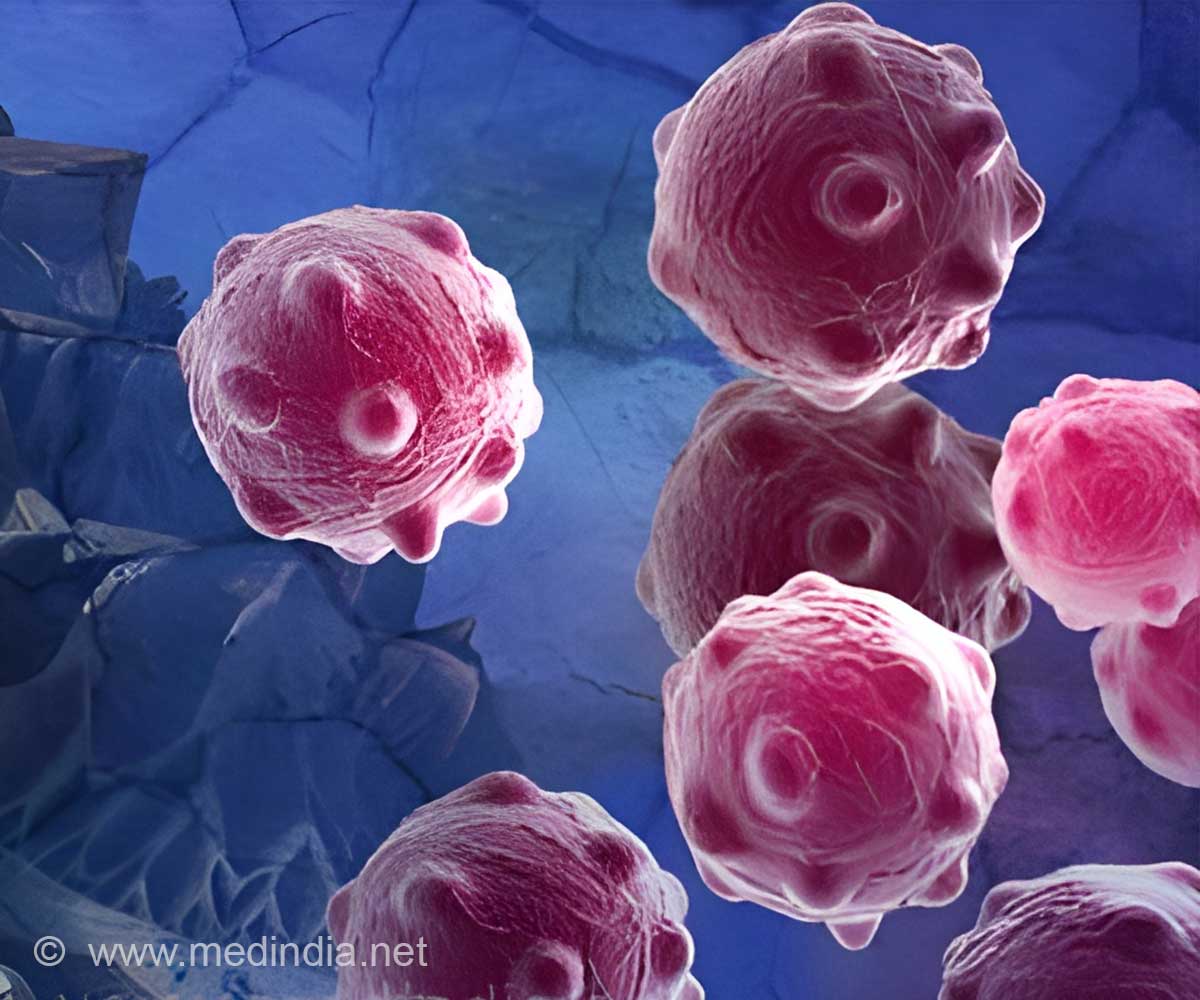Combination therapy co-targeting the mitochondria enhances the antitumor effect of telomerase inhibition in NRAS-mutant melanoma.

‘A combination therapy that simultaneously impairs telomerase and blocks adaptive resistance mechanisms could treat NRAS-mutant melanoma.’





Targeting NRAS as well as the other oncogenes of the Ras family has proven extremely challenging, according to Villanueva, and researchers have resorted to searching for vulnerabilities in NRAS-mutant cancer cells that can provide alternative therapeutic targets. Mutations in the regulatory element of the TERT gene, which encodes the catalytic subunit of telomerase, are found in more than 70 percent of melanomas. Telomerase is an enzyme that protects the integrity of chromosome ends during replication and represents a promising target for cancer therapy because it is absent in most normal adult cells while its reactivation in malignant cells allows continuous cell divisions.
"We linked the presence of mutant NRAS to TERT expression and showed that NRAS mutant melanoma cells are highly dependent on telomerase," said Villanueva. "We also demonstrated the therapeutic value of exploiting this dependency by inducing telomere dysfunction, which caused cell death selectively in NRAS mutant cells and not in normal cells that do not express telomerase."
Villanueva and colleagues studied the consequence of NRAS depletion on gene expression in NRAS-mutant melanoma cells, focusing on genes that regulate proliferation. They observed a strong decrease in expression of TERT. They then inhibited telomerase activity via TERT gene silencing or induced telomere dysfunction through a telomerase substrate, called 6-thio-dG; both interventions led to extensive cell death and DNA damage. They also observed an increase in expression of several enzymes involved in the function of mitochondria, the organelles designated to energy production, suggesting that following telomere dysfunction cells put in place an adaptive metabolic response that helps them cope with the damage.
"We asked whether inhibition of mitochondrial function could synergize with the anti-melanoma effects of telomere dysfunction," said Patricia Reyes-Uribe, a research assistant in the Villanueva Lab and the first author of the study. "We found that the mitochondrial inhibitor gamitrinib enhances the cytotoxic effects of TERT depletion or 6-thio-dG selectively in NRAS mutant tumor cells."
Advertisement
"Our work provides proof-of-principle that we can successfully address drug resistance by developing combination therapies that simultaneously impair telomerase and block adaptive resistance mechanisms," added Villanueva.
Advertisement
Source-Eurekalert










